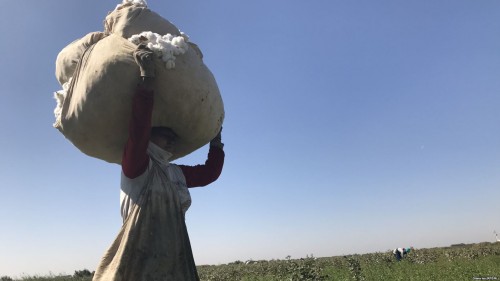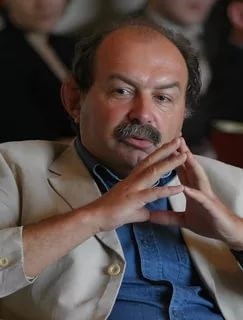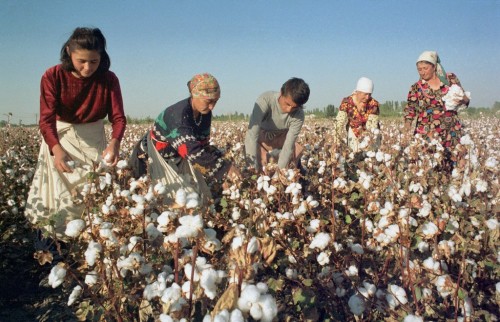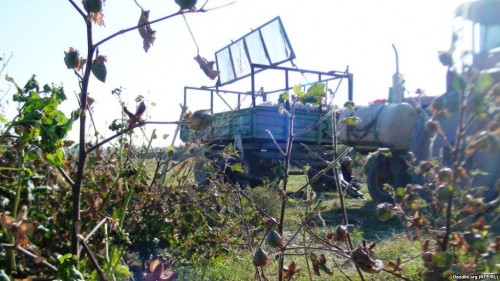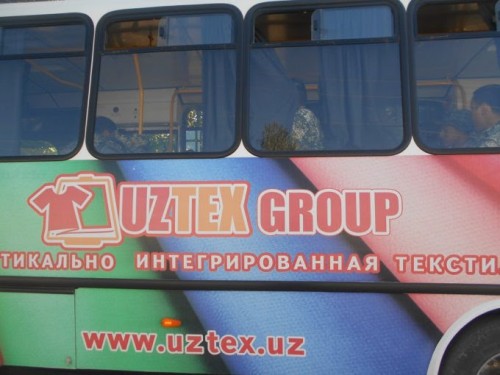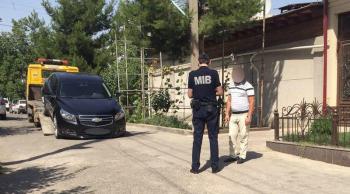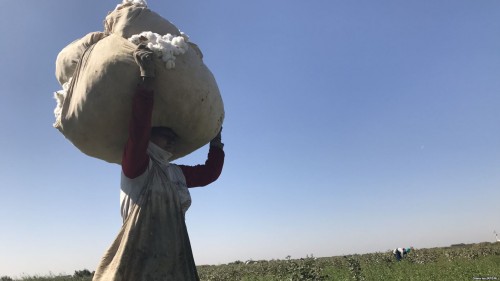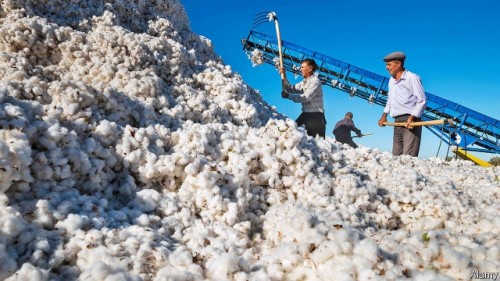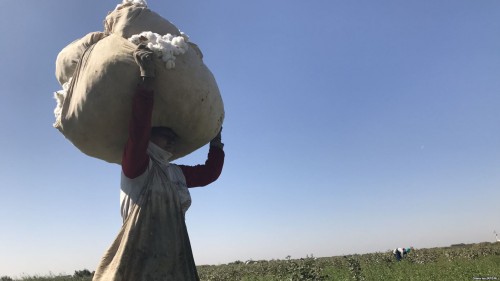Countries
Solidarity campaigns
13 August 2024
Georgia: Support striking workers at Evolution Gaming
5 June 2023
Georgia: Justice for Wolt couriers
10 May 2023
Belarus: Trade union activity is not extremism!
2 November 2019
Kazakhstan: Trade unionist Erlan Baltabay imprisoned - again!
19 November 2018
Kazakhstan: Stop repression and physical attacks on leaders of independent unions; hands off Larisa Kharkova, Erlan Baltabai and Dmitriy Senyavskiy
18 April 2018
MALOKHAT STILL NEEDS YOUR HELP
News
14 December, 2018 / uzbekistan
Despite Commitment and Efforts, Systematic Forced Labor in Uzbekistan’s Cotton Fields was Present During the 2018 Harvest
Uzbekistan’s 2018 cotton harvest, which concluded in all regions of the country the first week of December, showcased the enormous challenges in uprooting the country’s deeply entrenched forced labor system. Driven by a commitment to reform at the highest levels of the government, there is a significant transition underway, which is reflected in some encouraging signs of progress. But despite serious efforts by the central government to curtail forced labor for some citizens, key root causes remained in place, driving officials at both the local and national level to force citizens into the fields again.
13 December, 2018 / uzbekistan
CHALLENGING FEUDALISM IN LABOUR RELATIONS IN COTTON SECTOR OF UZBEKISTAN: STRATEGY AND TACTICS
INTERVIEW WITH ANDRE MROST.Andre Mrost has a PhD in physical geography and studied environmental impact of large irrigation projects, including Uzbekistan within the UNEP - Institute of Deserts study of the Aral Sea drying. He is also an expert in the international labour relations with 18 year experience of working for the global trade unions. Later he was a researcher on corporate social responsibility, CSR, and is a certified auditor on SA 8000 social standard. Andre took part in training child and forced labour monitors of the Uzbek German Forum, was detained by the Uzbek security in Tashkent in times of the President Karimov and expelled from Uzbekistan
12 December, 2018 / uzbekistan
Seven Children Wrongly Vaccinated While Nurse is Sent to Pick Cotton
Radio Ozodlik has reported that seven children from 3 to 6 years old were incorrectly vaccinated while the nurse responsible for conducting preventive vaccinations was sent to pick cotton.
11 December, 2018 / uzbekistan
Is Uzbekistan Free from Forced Cotton-Picking?
As monitored by the International Labour Organisation (ILO), almost all citizens of Uzbekistan involved in cotton-picking this year have worked on the fields as volunteers, while the country has made titanic efforts to eradicate forced labour. However, the findings of independent human rights activists contravene the official data.
05 December, 2018 / uzbekistan
Tashkent Region: Two Farmers Arrested for Defaulting on Cotton Loans
Two farmers from the village of Uzbekistan in the Akkurgan district of the Tashkent region, 39-year-old Sherali Toshiboev and 54-year-old Erkin Maripov, were arrested for not repaying loans for cotton. Erkin Maripov was released on November 24 after his family repaid part of the loan. Sherali Toshiboev remains in custody.
04 December, 2018 / uzbekistan
Relatives of Sanjar Baratov, a 33-year-old farmer from the Jizzakh region in Uzbekistan, said that he took his own life because he felt desperate after Enforcement Bureau officers confiscated his property for failure to pay off a bank loan.
One of the soldiers told Ozodlik that despite the lack of cotton in the fields, ten thousand soldiers of the Uzbek Armed Forces are picking cotton in the Akaltyn district of the Syrdarya region. An employee of the regional administration later confirmed this information
04 December, 2018 / uzbekistan
An Uzbek farmer hanged himself after confiscation of his property
Relatives of Sanjar Baratov, a 33-year-old farmer from the Jizzakh region in Uzbekistan, said that he took his own life because he felt desperate after Enforcement Bureau officers confiscated his property for failure to pay off a bank loan.
24 November, 2018 / uzbekistan
Campaigners challenge U.N. over forced labor in Uzbekistan's cotton industry
Rights groups on Friday disputed findings by the United Nations showing Uzbekistan has nearly eliminated forced labor from its cotton industry, saying that exploitation is still “systematic”
10 November, 2018 / uzbekistan
Uzbekistan tries to end the use of forced labour in the cotton fields
In some ways, there is nothing surprising about the videos that have been doing the rounds on social media in Uzbekistan. In one, farmers and local officials in a district near Tashkent, the capital, were made to stand in a watery ditch, heads bowed, to show contrition for failing to irrigate wheat fields properly. In another, officials were made to heave heavy clods of clay into the air repeatedly as punishment for allowing such impediments to farming to accumulate on land they are in charge of. Such ritual humiliation is rife in Uzbekistan, where nearly three decades of dictatorship under Islam Karimov, the strongman who died in 2016, bred a culture of bullying and subservience.
31 October, 2018 / uzbekistan

